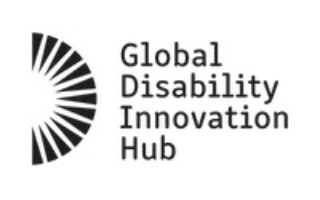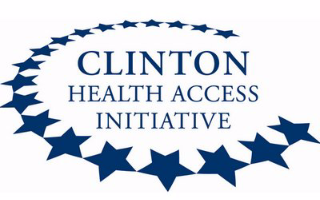Life Changing Assistive Technology for All
About the project
The AT2030 programme is part of a £20 million programme funded by the Foreign, Commonwealth & Development Office. More than one billion people globally are in need of Assistive Technology (AT), and the aim of the project is to reach 3 million people through Assistive Technology. Through partner collaborations with GDI HUB, WHO Clinton Health Access Initiative, Leonard Cheshire and other key organisations such as Disabled People’s Organisations, the project hopes to transform access to life-changing AT, such as wheelchairs, prosthetics, hearing aids and digital assistive devices. In order to meet such goals the AT2030 programme seeks to:
- Accelerate access to AT by tackling supply and demand-side drivers to scaling AT markets
- Coordinate evidence to understand the value, impact and economics of AT
- Improve access to emerging technology with a focus on establishing an Innovation ecosystem
- Test market shaping methodologies
- Provide a set of global benchmarks and standards for AT through the creation of an integrated service provision model which aim to open up market access
- Build capacity for existing community-led activities by undertaking action research within informal settlements
IIPP is specifically involved in the Research, Evidence and Impact sub-programme. IIPP is interested in using its unique expertise and lens in order to both explore the existing evidence gaps and to provide a new economic thinking regarding AT. It will do this by proposing a novel conceptual framework and a practical toolkit that will capture spill over effects and dynamic efficiencies, which in turn will provide a more holistic and accurate depiction of the value created throughout the AT supply chain, from innovation to product delivery. IIPP will also consider the AT ecosystem and propose ways of making the system more mission oriented by utilising market shaping approaches and leveraging multi-sectoral partnerships in order to increase AT system efficiencies and provide far greater access to AT for those in need globally.
Further Reading
- Working Papers
- Albala, S., Holloway, C., Austin, V. and Kattel, R. (2021). New economics of assistive technology: A call for a missions approach. UCL Institute for Innovation and Public Purpose, Working Paper Series (IIPP WP 2021/04). Available at: https://www.ucl.ac.uk/bartlett/public-purpose/wp2021-04
Partners
 Close
Close





